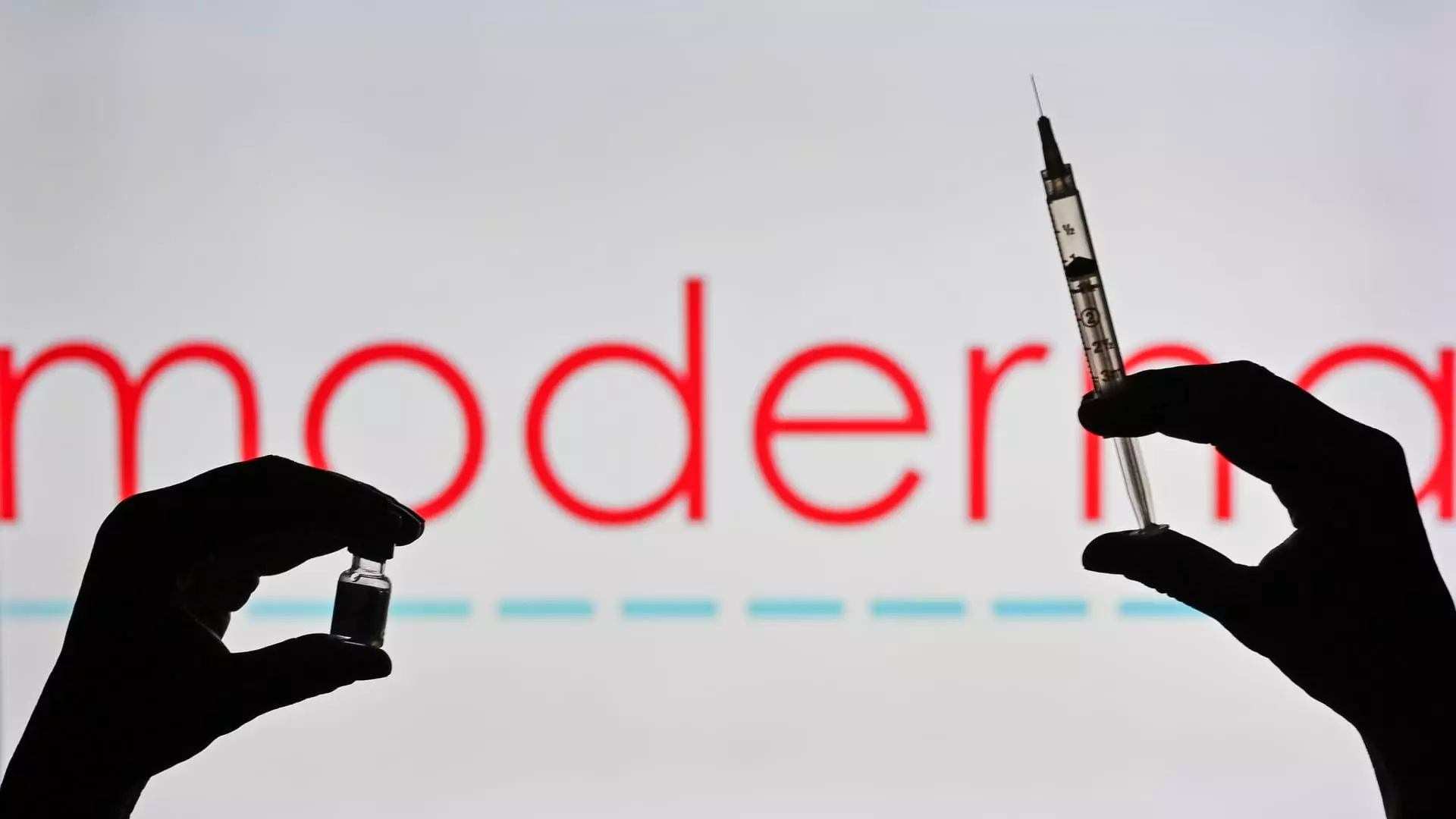Moderna and Merck have recently unveiled promising three-year data regarding their novel experimental vaccine used in combination with Keytruda therapy for patients with aggressive forms of skin cancer. The positive results, presented at the American Society of Clinical Oncology annual meeting in Chicago, demonstrated a significant improvement in survival rates and long-lasting efficacy among participants.
One of the key findings from the study was that nearly 75% of patients who received the combination of the vaccine and Keytruda were alive without any signs of cancer recurrence at the 2 ½-year mark. This was a substantial improvement compared to the 55.6% survival rate among patients who only received Keytruda treatment. Importantly, this benefit was observed across various subgroups of patients, indicating the potential broad applicability of the vaccine in treating melanoma.
The data also revealed that the overall survival rate of patients who received the vaccine in conjunction with Keytruda was 96% after 2 ½ years, as opposed to 90.2% among those who received Keytruda alone. Additionally, patients who received the combination treatment were 49% less likely to die or experience cancer relapse than those who received Keytruda alone over a three-year period. Furthermore, the combination significantly reduced the risk of melanoma metastasis or death by 62%.
While the vaccine demonstrated remarkable efficacy, it was associated with some side effects, such as fatigue, injection site pain, and chills. The majority of these side effects were reported to be mild. Moreover, patients who received the combination treatment exhibited slightly higher immune-related side effects.
The vaccine, which utilizes the same mRNA technology as Moderna’s Covid vaccine, is customized based on an analysis of the patient’s tumors post-surgery. This approach aims to train the immune system to recognize and target specific mutations in cancer cells. Moderna is dedicated to streamlining the process between tumor analysis and vaccine administration to enhance treatment outcomes.
Merck’s Keytruda, which is already approved for treating melanoma and other cancers, has received breakthrough therapy designation from the FDA for the cancer vaccine’s potential in melanoma treatment. Moderna is also planning to seek accelerated approval from the FDA, which expedites the approval process for drugs addressing critical medical needs. The collaboration between the two companies signifies a critical advancement in melanoma treatment.
Melanoma represents a significant cause of skin cancer mortality, with a rising incidence rate over the years. As the companies progress with their phase-three trial for late-stage melanoma, they are also conducting trials for other types of cancers, showcasing the potential of their vaccine in diverse patient populations. The encouraging results from the ongoing trials suggest a promising future for melanoma treatment.
The collaborative efforts of Moderna and Merck in developing an innovative cancer vaccine offer hope for patients battling aggressive forms of melanoma. The promising data presented at the recent conference highlights the substantial impact of the vaccine in improving survival rates and reducing the risk of disease progression. With ongoing clinical trials and regulatory advancements, the future looks promising for the field of melanoma treatment.

